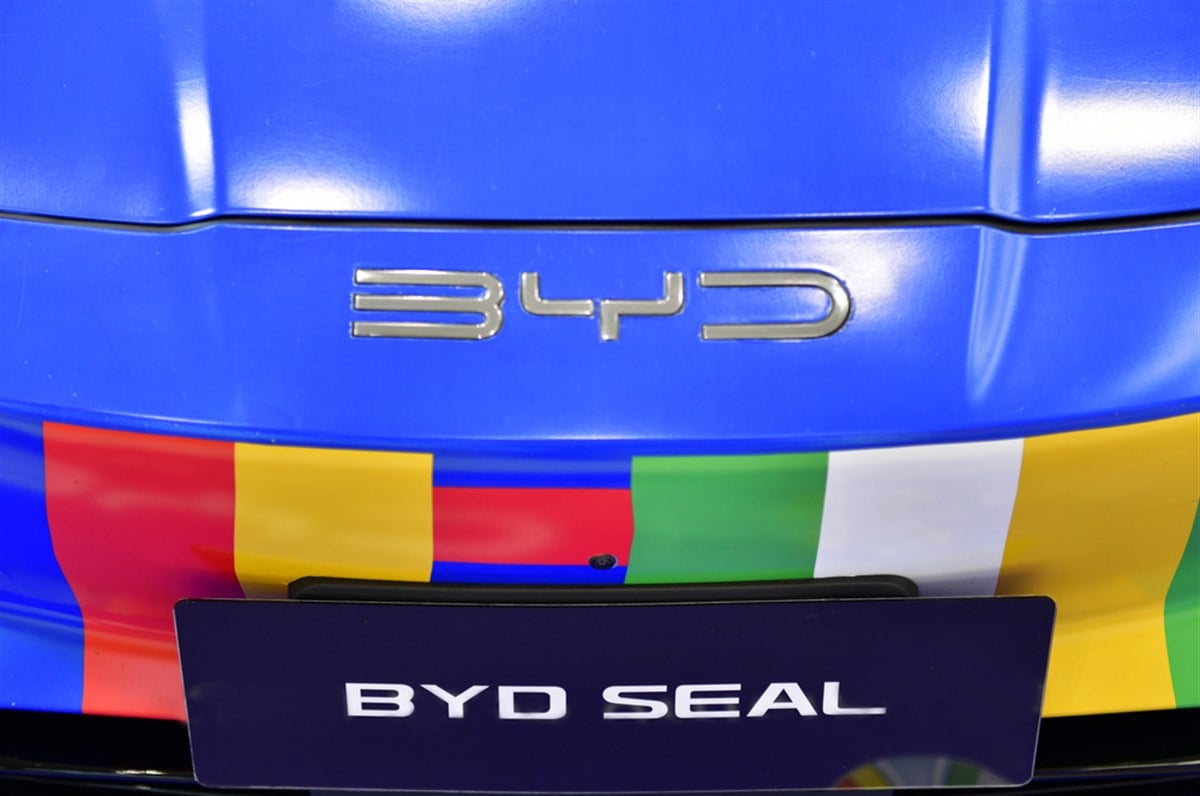Hello -
Want to know what separates the folks who retire early...
...from the ones who keep working just to keep up with inflation? They get in early on boring companies that make stupid amounts of money. That’s exactly what you’ll find on our exclusive "7 Stocks to Buy and Hold Forever" list — updated with fresh data and ready for your eyes today. Here’s the thing... Most people scroll past these companies because they’re not flashy. But while the crowd chases crypto crashes and meme stock madness...these 7 companies quietly rake in billions in cold, hard profit — year after year. If you're serious about building wealth over the next 5, 10, even 20 years, you owe it to yourself to at least peek at these names. Click here to see the list now. (PDF)
Matthew Paulson
MarketBeat
P.S. There's absolutely no cost to receive our list of "7 Stocks to Buy and Hold Forever" and this isn't some recycled list we've been sending since 2014. We update it constantly based on performance, earnings, and new data. It's free. It's fast. And it might just change your portfolio forever.
Grab the report here before it gets buried in your inbox
For Your Education and Enjoyment The BYD Opportunity: Tesla-Like Growth at a Fraction of the PriceWritten by Leo Miller. Published 9/26/2025. 
Key Points - BYD jockeys with Tesla for dominance in electric vehicles.
- However, BYD's market capitalization is only a fraction of Tesla's, despite similar fundamentals.
- This difference creates an interesting opportunity in BYD stock. However, Chinese government intervention is a palpable risk.
Within the electric vehicle (EV) landscape, two companies stand head and shoulders above the rest: Elon Musk's Tesla (NASDAQ: TSLA)—the dominant U.S. EV maker and one of the world's top ten most valuable stocks—and Chinese automaker BYD (OTCMKTS: BYDDY), the world's third-most valuable automotive stock and one of only three profitable EV companies. The other two profitable EV makers are Tesla and Li Auto (NASDAQ: LI). Yet Li's last 12-month sales of $20 billion pale next to the $92 billion and $118 billion generated by Tesla and BYD, respectively—placing the latter pair in a league of their own. With that dynamic in mind, the key question for investors becomes: Is BYD a stock worth considering? Tesla vs. BYD: Similar Financials, Wide Valuation Gap Tesla's market capitalization stands at roughly $1.4 trillion year-to-date, while BYD's sits near $130 billion—less than one-tenth the size. Yet BYD delivered $118 billion in last 12-month revenue, about $26 billion more than Tesla. Even isolating BYD's automotive business (excluding its handset operations), its auto revenue of $96 billion still surpasses Tesla's $92 billion over the same period. That suggests a strong bullish case: higher sales at a fraction of the valuation. Profitability metrics are similarly close. In the first half of 2025, BYD's automotive gross margin was approximately 20%, compared with Tesla's 18%. BYD recorded an EBITDA margin near 15.5%, just above Tesla's 14.8% (adjusted). On a net basis, BYD earned $1.4 billion for a 4.2% margin, while Tesla's non-adjusted net income was about $1.6 billion, a 5.2% margin. With revenue and margins nearly on par, it's hard to justify why Tesla commands such a premium multiple. But BYD does face a headwind that could concern investors. Chinese Government Influence Complicates BYD's Outlook Much of BYD's expansion has been fueled by Chinese EV subsidies, which have spurred overproduction and oversupply, triggering price wars. Government efforts to curb those discounts helped drive BYD's net profit down 30% last quarter. Even so, the company's first-half profit remains up 14% year over year. Meanwhile, BYD's international business is thriving. Overseas revenue jumped 50% in H1 2025, and in April the company outpaced Tesla in European EV registrations for the first time, then extended its lead in July. Despite these gains, China still accounts for about 73% of BYD's automotive revenue. While the Chinese market is the largest for EVs globally, heavy government intervention adds a layer of uncertainty for investors weighing the stock. Buffett Sells BYD, But Valuation Still Compelling Warren Buffett's Berkshire Hathaway recently fully exited its BYD position. However, Berkshire has been trimming its stake gradually since Q4 2022, locking in substantial gains rather than signaling panic. All told, BYD trades at a pronounced discount to Tesla. Even if BYD's share price doubled, it would remain well below Tesla's market cap. That discrepancy, combined with BYD's robust international growth, points to an attractive risk-reward opportunity for investors.
|